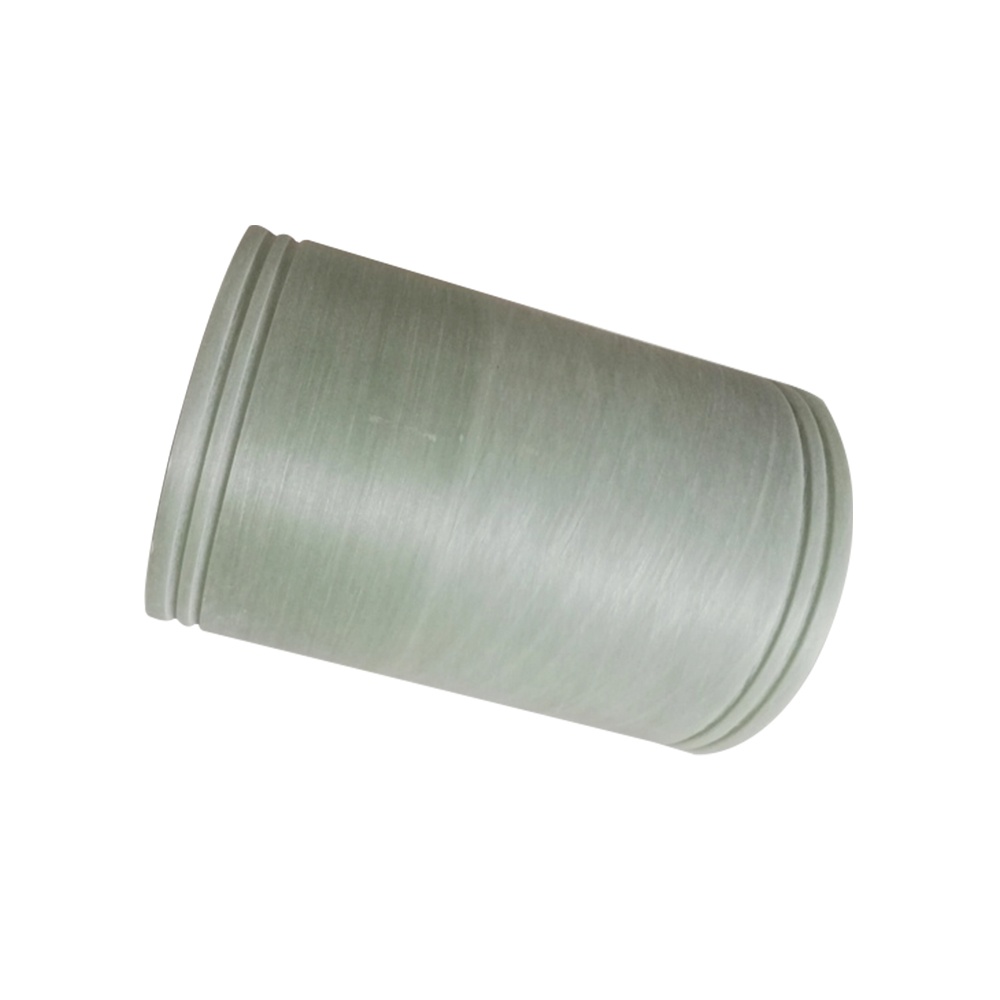Zhejiang Hetai New Material Co. LTD
Address: building 1-5, no.16, xingyuan road, minxing town, wuzhen town, tongxiang city, jiaxing city, zhejiang province
Sales hotline: 0573-88929333
The true: 0573-88782696
Mail box: [email protected]
Carbon fiber tubes and epoxy fiberglass tube are two common and popular composite materials with certain similarities and excellent properties. Today, we will compare and contrast these two composite materials regarding their characteristics, manufacturing processes, prices, and applications.
Carbon fiber is lightweight, strong, and rigid, with excellent stiffness, hardness, and corrosion resistance. It is suitable for high-end applications such as sports cars, yachts, or other luxury goods and has a beautiful appearance.
Compared to carbon fiber tubes, epoxy fiberglass tubes have lower costs and prices, sometimes even more than ten times cheaper than carbon fiber tubes. However, they still have good strength and rigidity, often used in electrical insulation and electronic equipment fields. They can also resist impact and are widely used in mechanical equipment as insulation components.
Carbon fiber tubes are made by wrapping carbon fiber cloth on a mandrel, injecting resin, and curing it in an oven, resulting in a high-strength and high-rigidity tube.
Fiberglass tubes are made by laying multiple layers of fiberglass on a mandrel, coating it with resin, and curing it to produce a lightweight, high-strength tube.

Due to the high cost of raw materials and the complexity of the manufacturing process, carbon fiber tubes are more expensive than epoxy fiberglass tubes. However, they come from various suppliers and are widely available.
Carbon fiber tubes and epoxy fiberglass tubes both have their characteristics. In terms of application and practicality, epoxy fiberglass tubes are more prevalent in the market. Carbon fiber tubes are only suitable for high-tech industries such as aerospace and high-performance automotive applications. Fiberglass tubes are cheap and affordable and can be used in various industries, ideal for general applications such as construction, infrastructure, and electrical equipment.
›